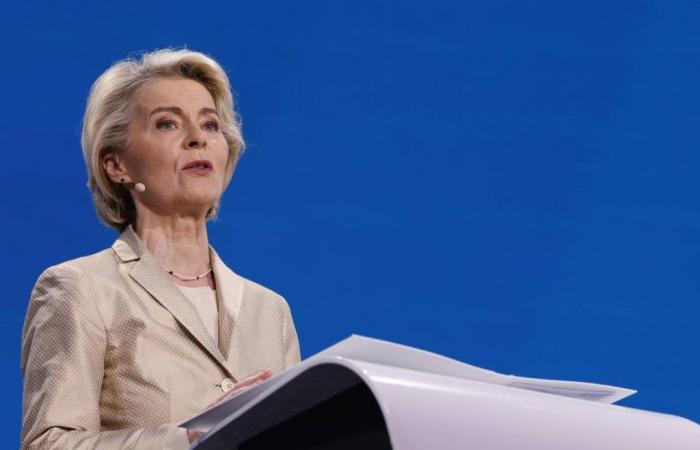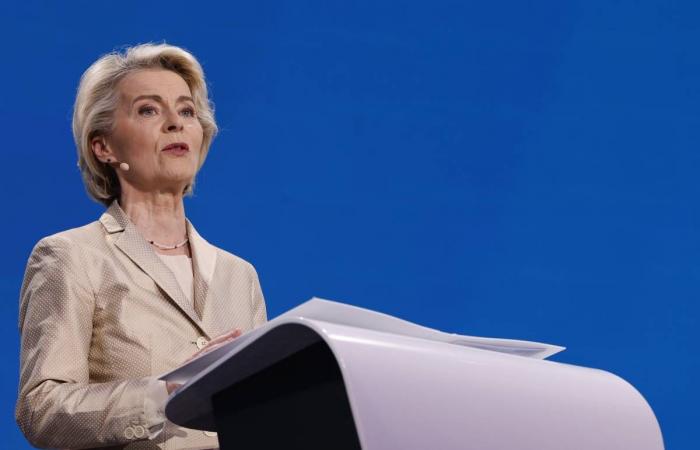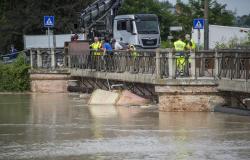Now that the game on the nominations for the European Council has concluded, negotiations on the composition of the majority in the European Parliament that will have to vote on the names indicated by the heads of state and government for the top roles in the European institutions and to define the roles and delegations of the commissioners have entered the fray.
In this context, Italy is playing a delicate game of chess with Giorgia Meloni’s aim of obtaining positions that can enhance its role as a founding country and the third largest economy in the Eurozone. While asserting Italy’s weight and refusing a pre-established agreement with the complicity of two leaders who were heavily defeated in the European elections (Macron in France and Scholz in Germany), Meloni has left the door open to negotiations by voting against the nomination of the Portuguese Antonio Costa as President of the European Council and of Kaja Kallas as High Representative for Foreign Affairs, but abstaining on Ursula von der Leyen as President of the EU Commission.
The abstention is a clear political signal: we are not willing to accept pre-packaged agreements, is the gist of the reasoning, but we want to start a negotiation that guarantees a central role for Italy. The request is the one that has been circulating for days, the vice-presidency of the EU Commission and a weighty commissioner on economic dossiers. The first knot to untie is the requested portfolio and, according to a rumor in the Financial Times, there would be a tug of war between Italy and France for the same box: “a powerful vice-president of the Commission responsible for trade policy, competition and industrial policy”. After that, it will be necessary to choose the name to indicate and the most quoted is the Minister of EU Affairs Raffaele Fitto. Among the other figures circulating (even if with less chance than Fitto) are Elisabetta Belloni who was responsible for the management of the G7 for the government, the former minister and CEO of Leonardo Roberto Cingolani and the Minister of Defense Guido Crosetto.
There is still time until 18 July, the day on which the European Parliament will have to vote on the nominations proposed by the leaders and, as the deputy prime minister and foreign minister Antonio Tajani explained in an interview: “I advise everyone not to dramatize”, tough negotiations and standoffs “have always happened.” Tajani then explained: “those who today talk about Italian isolation, which is also impossible for many historical, political and economic reasons, have been too submissive towards Europe in the past and our country has not gained from it.” Also yesterday, Tajani hoped for a vote for von der Leyen by Fdi in the European Parliament, defining the method they have used so far towards Italy as “not acceptable” and closing the possibility of the majority opening up to the Greens. It is precisely on the composition of the majority and the vote (by secret ballot) in the European Parliament that another delicate game is being played for Giorgia Meloni. The Prime Minister is aware that, considering the snipers, the majority to elect Ursula von der Leyen is narrow and an opening to the Greens would cause a crisis in the EPP.
The votes of the ECR or even just the 24 FDI MEPs could also be decisive for any external support needed to elect Von der Leyen (who is more than aware of this). Before any political choice, however, the prime minister wants to close the issue on Italian appointments.







